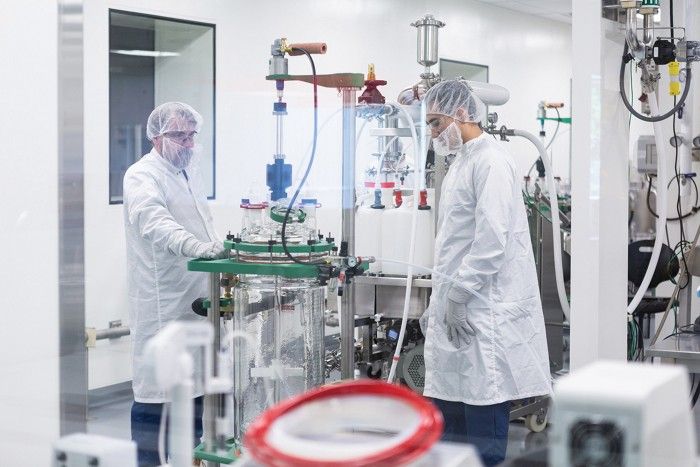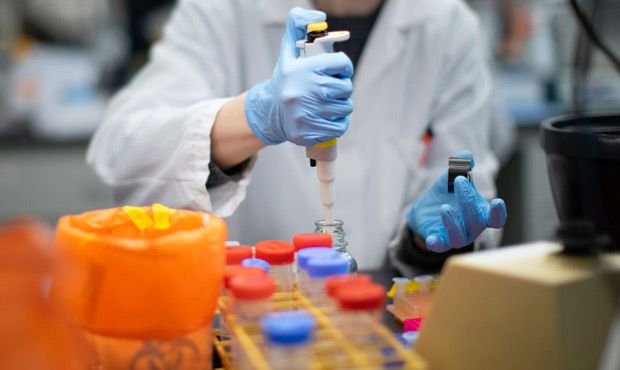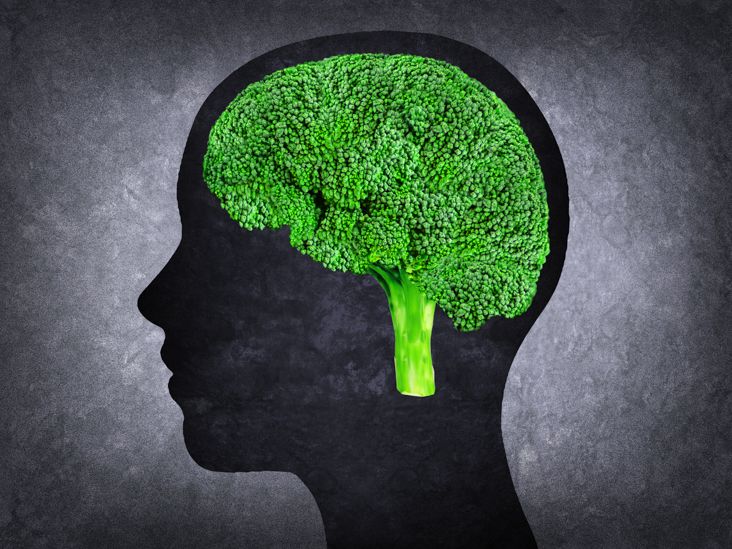More than 2000 Australian suffering from advanced melanoma will soon receive financial relief with an expansion of treatments on the Pharmaceutical Benefits Scheme, federal Health Minister Greg Hunt says.
From March 1 the PBS listed Opdivo (nivolumab) will be expanded, assisting 1500 patients who might otherwise pay more than $100,000 per course of treatment without the PBS subsidy.
“Opdivo is a breakthrough immunotherapy which works by blocking proteins and helping the body’s own immune system to find, attack and destroy cancer cells,” Mr Hunt said in a statement on Sunday.








